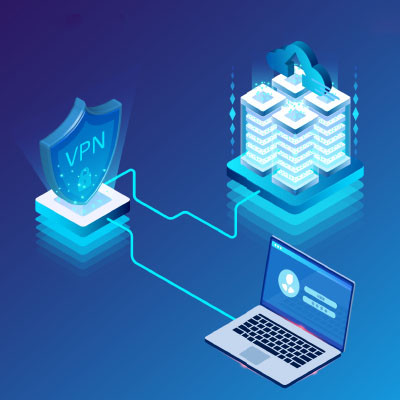IC Data Communications LLC Blog
In many ways, a business is only as capable as its sales team allows it to be… and nowadays, a sales team is only as capable as their tech allows them to be. Let’s take a few minutes to discuss how you can turn this to your advantage by providing your sales team with the technology that supports their goals.
When a business strikes a deal, there is usually some sort of paper trail or contract involved to hold both parties involved accountable. However, the traditional method of managing paper documents is both time-consuming and wasteful. With eSignature tools, businesses can change the way they handle signing documents for the better.
To most businesses, effective leadership is essential to help promote growth, drive innovation, and ensure the successful conclusion of assorted tasks. While there are various leadership styles, one approach that stands out is leading from the front. Let’s take a look at what this means and how to do it effectively.
Businesses use all types of sayings to try to draw in customers. One of the core selling points of managed IT services is that “it pays for itself”. This is more than just marketing. The multiple services that make up managed IT services all help a business save time and money, but when added together, it can really help the bottom line of a business more than most services they can use. In this week’s blog we thought we would go through the core elements of a managed IT services agreement to show how it really does pay for itself.
“I just wanted to take a second to thank the sponsor of this video, [insert VPN provider here], for supporting the channel!”
If you’ve been on YouTube in the past few years, this message likely sounds pretty familiar. Virtual private network providers have been taking advantage of the trend of influencer marketing to spread awareness of their largely obscure product—often, offering an enticing deal. While we have and will continue to promote the use of a VPN for business purposes, we wanted to clarify something here: these are not the VPNs we’re saying you should use.
You’re probably familiar with the concept of a mission statement, particularly in terms of your business as a whole. Did you know, however, that you don’t need to stop there? You can—and we’d argue, should—establish more specific organizational missions for your different departments. Let’s consider how you can benefit from creating a mission for your IT team to uphold throughout its operations, and how you might go about doing so.
Business is filled with all types of relationships, and some of them are very challenging. Consider for a minute how challenging some of the interactions you have with customers are; or some of the vendor conversations that happen; or some of the give-and-take you get from your employees. Sometimes it is hard to believe that without these people, your business would be a complete flop. This month, we break down how sometimes the relationships you forge in business are the key to things breaking your business’ way.
Every business’ clients trust that they’re taking every measure possible to protect data, like personal information or financial records. However, with the number of businesses using electronic records continuing to climb, along with the rise of cybercrime, many industries have begun to impose regulations and compliances that are designed to keep personal information secure. Health and finance are two of the most heavily regulated industries, with the government having stepped in and set a specific standard of data security regulations that these companies must comply with.
So much goes into proper network security that it can be daunting to know where to start. Thankfully, there are plenty of great ways you can, and probably currently are, protecting your business, even if it’s on a basic level. You can consider this a checklist of crucial network security tools that are important to have for your company’s success.
We’re no strangers to talking about artificial intelligence. It’s been a somewhat regular topic on our blog and in our newsletters. AI is interesting—it’s sort of this odd technology that for many years, the average person didn’t know what to do with it. Now, it feels like AI is the dominating new technology of the year. What happened? Will it stick? Can a business take advantage of it?












